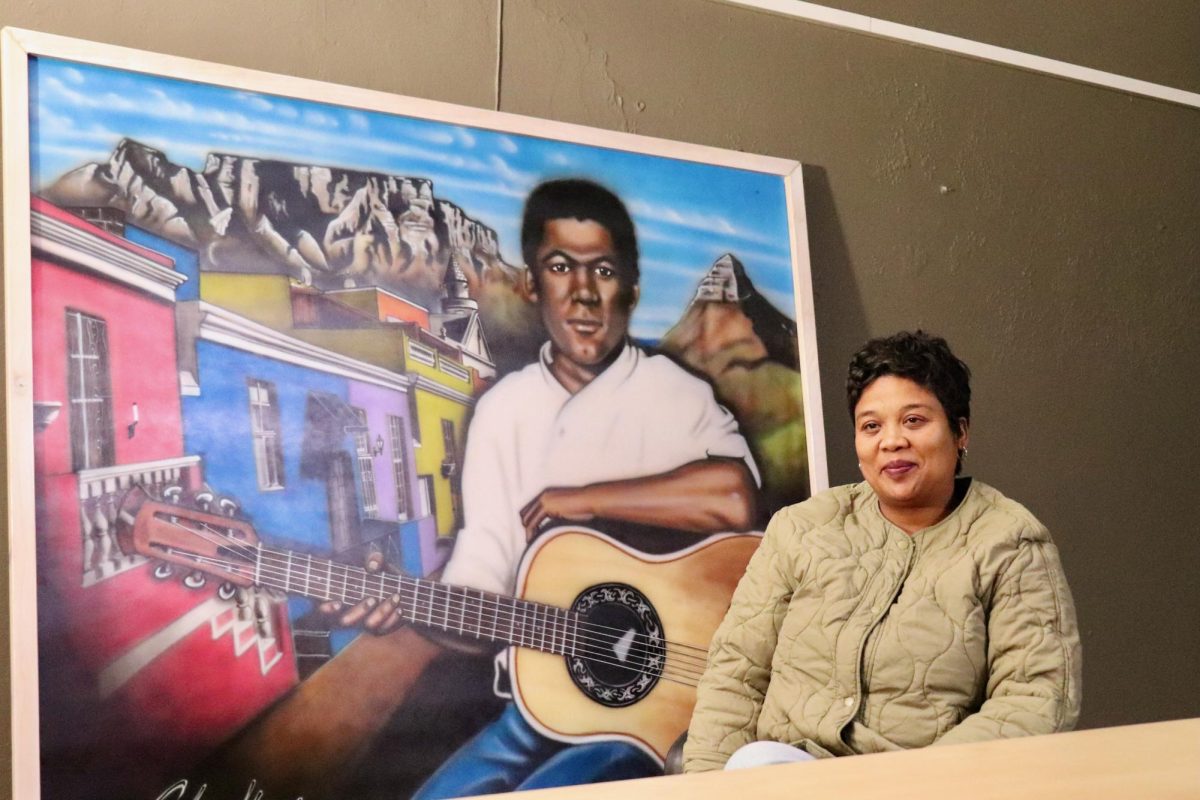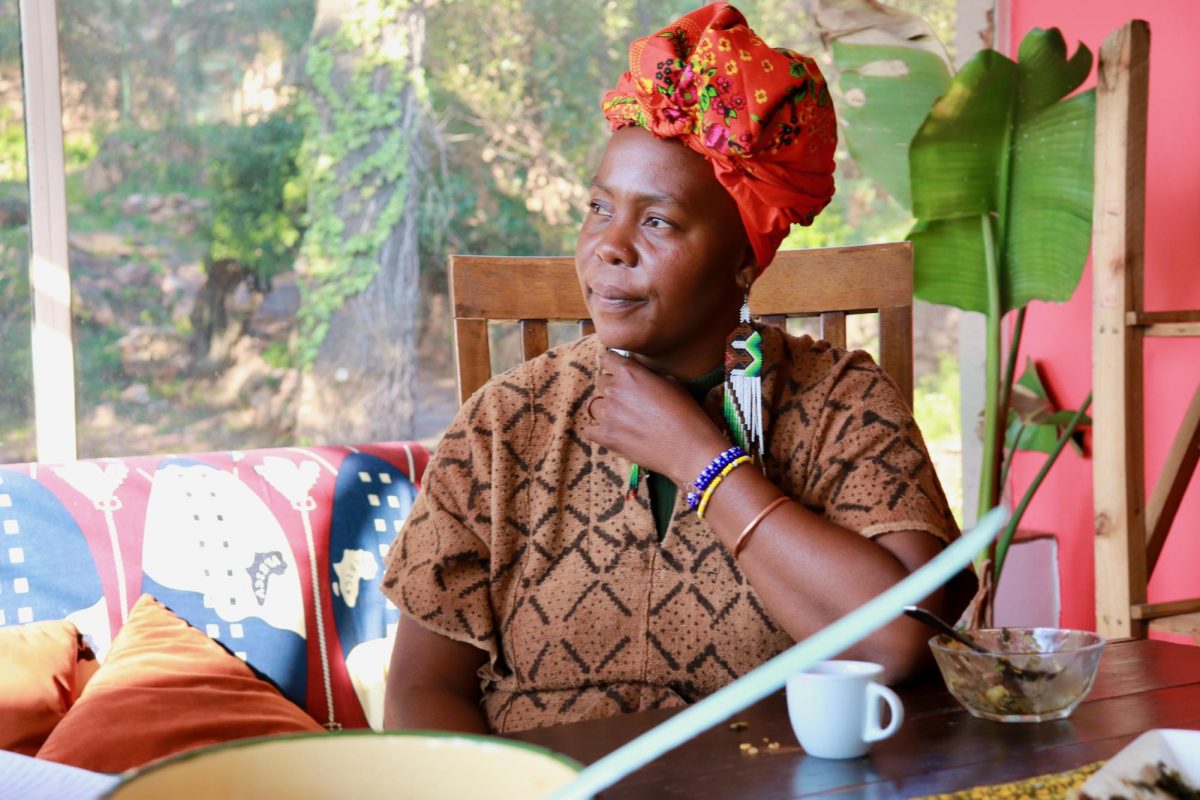The concern about voter intimidation during this election cycle
As we reach the end of this election cycle, it has become apparent that Republican presidential nominee Donald Trump, believes that the election is rigged. Specifically, he believes the election in Philadelphia, where many Saint Joseph’s University students, myself included, will vote on Nov. 8, is rigged.
As voters, we want a free and fair election, and there are legal procedures in place to ensure that this happens. A Univeristy of Loyola professor found, in one study, that out of over one billion ballots, there were only 31 instances of voter fraud, meaning that this type of rigging is incredibly rare.
The aim of Trump’s comments is not to preserve Philadelphian integrity: it is to plant unfounded fears about rigging the election that have the potential to lead to voter intimidation and suppression in the Philadelphia area. Although the wording of Trump’s various assertions that the Philadelphia vote is rigged are vague, he appears to be calling for his supporters to monitor the polling places to ensure that voters are who they say they are. For example, on Oct. 10, Trump told the audience at his rally in Ambridge, Pa., “…watch other communities, we don’t want this election stolen from us.”
In Philadelphia, and the state of Pennsylvania, there is, in fact, a legal procedure for citizens to watch the polls to ensure fairness.
The Pennsylvania Department of State issued a document titled “Guidance in Rules in Effect at the Polling Place on Election Day” in October to clarify certain voting procedures. It explains who is permitted within polling places, namely poll workers, judges of the election, poll watchers from that county, and up to 10 registered voters at a time.
Poll watchers, who Trump presumably aimed his comments at, are certified, trained persons registered to vote within the county where they will be stationed. Political parties may have up to three poll watchers at each precinct to ensure that proper voting procedures are followed. They are not allowed to interact with voters and must take any concerns or challenges to the judge of elections.
I fully expect to see certified poll watchers from my neighborhood of Wynnefield at Samuel L. Gompers Elementary School when I vote next Tuesday. Properly certified officials from both parties could and should be at every Philadelphia polling place. Further, having properly certified Trump supporters as poll watchers would prevent Trump from claiming that the election was rigged, because his own supporters would be there to witness the lack of fraud.
Philadelphia has about 700,000 voters, and every year there are a number of requests for poll watcher certificates. However, despite Trump’s rallying cry, Philadelphia City Commissioner Donald Garecht has said that they have not received an unusually high number of requests for certifications this year.
The reality is that there are very few Republicans in some areas of the city, as evidenced by the fact that some voting precinct divisions in Philadelphia in 2012 did not have a single registered Republican. Statistically speaking, urban areas tend to lean very liberal. They also tend to have a high minority population. African Americans make up 44 percent of Philadelphia’s population and Trump currently polls at less than 10 percent with African American voters, depending on which poll you follow. It is not surprising there are not large numbers of Republican poll watchers in Philadelphia.
To combat this, Trump is calling for out-of-town voters to travel to city polling places and supervise as untrained, uncertified, unofficial poll watchers. The Philadelphia Inquirer reported that the Pennsylvania GOP even “filed a federal lawsuit demanding that out-of-county poll watchers be permitted in Philadelphia” just last week.
This legislation is detrimental to a free and fair vote because it opens the door to voter intimidation, specifically in different Philadelphia neighborhood communities.
Within the polling place, voters should not feel threatened into changing their vote, or having the validity of their vote challenged. Philadelphia City Councilman Curtis Jones Jr. expressed concerns over the presence of non-Philadelphia residents leading to voter suppression and cited a situation in the 2003 Philadelphia mayoral election where “voting integrity” officers handed out fliers threatening to go door to door looking for outstanding warrants or violation tickets on Election Day.
But because Trump supporters are not applying for legal entry to be poll watchers in Philadelphia—as the state legislation likely will not pass—many fear that protesters from outside of Philadelphia will arrive to harass voters outside the polling location.
In attempting to rally supporters to come stand outside polling places and protest or scare voters he has crossed the line. If your campaign relies on certain voters being afraid for their safety so that they do not vote, what does that say about your chances? If you need to prep your supporters with the idea that you lost because it was rigged before the vote even happened, what does that say about the success of your campaign?
Philadelphia City Commissioner Al Schmidt, a Republican, sums up the response Philadelphia gives to the rigged vote allegations well, saying, “The real threat to the integrity of elections is irresponsible accusations that undermine confidence in the electoral process.”







































